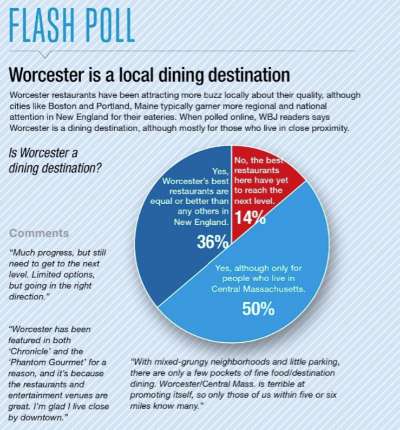
Worcester's restaurant scene has improved, but it still fights for talented chefs, industry respect
Happenstance largely created in 2016 what could be Worcester’s most acclaimed restaurant.
Chef Jared Forman helped lead the opening of Main Street eatery deadhorse hill after joining from renowned restaurants in New York City and Greater Boston, where he met deadhorse co-founder Sean Woods when they both worked at Strip-T’s, a celebrated but now-closed eatery in Watertown.
Woods, a Worcester native, helped draw in Forman, who in his native New York worked under some of the country’s most accomplished chefs at Per Se and Gramercy Tavern.
Worcester’s dining options have inarguably improved in quantity and quality in the last decade, with high-profile restaurants opening during that time including deadhorse hill and sister restaurant simjang, Armsby Abbey, Volturno and BirchTree Bread Co.
One ingredient remains missing though: respect from the top organizations in the industry bestowing awards and recommendations that lend credibility, create buzz in culinary circles, attract other high-striving chefs, and burnish a city's reputation as a destination for creativity and innovation in cuisine.
Worcester and Central Massachusetts have struck out when it comes to top industry prizes, including the James Beard Award, the highest industry honor, for which the region has had no semifinalists; the travel agency AAA’s four- or five-diamond ratings, or Forbes Travel Guide five-star honors. Zagat, a well-known restaurant industry guide, doesn’t publish a Worcester edition.
For Worcester restaurants to earn those honors, it will likely take more Formans, more deadhorse hills, and other notable chefs and restaurants who made their name in the city in the past decade.
“I don’t know that there’s a silver bullet,” Forman said, believing an improved downtown and support for a dining culture in Worcester can give the city the dining recognition it’s looking for.
In the meantime, if that lack of prestige is a sign, it may be that it’s still early in Worcester’s growth curve as a dining destination on par with Portland, Maine, or Providence.
“That comes with time. That doesn’t happen right away with a few chefs going out there,” said Bob Luz, the president and CEO of the Massachusetts Restaurant Association.
“It’s not outside the question that it won’t be too long until we see someone nominated [for a James Beard Award] from Worcester,” Luz said. “We’re close.”
Becoming a foodie destination
A range of factors can contribute to such notoriety: cheaper costs for restaurateurs than in larger cities, a tourism industry bringing a steady stream of visitors, or the right marketing or culinary events drawing from a broader area.
Worcester has been touting its restaurants. Discover Central Massachusetts, the government-funded tourism office for the region, has marketed the city’s restaurants on billboards by Boston’s South Station, placed radio ads on WGBH and print ads in Boston magazine and Edible Boston, and sponsored restaurant content on Yankee Magazine’s website.

“It’s important for Worcester to have a diverse array of dining options – that can range from a high-end steakhouse to a small and intimate ethnic eatery. In my opinion and based on what trends on our site, people want an experience – that comes in many shapes and forms,” said Stephanie Ramey, the executive director of Discover Central Massachusetts.
“Food has become an attraction and people will travel for it – I think it’s very important for Worcester to be considered a foodie destination,” she said.
Cities have gotten other boosts.
Portland – which Bon Appetit magazine named its 2018 restaurant city of the year – has a sizeable seafood industry and hoards of summer visitors. Providence has Johnson & Wales University, with a top culinary program.
Smaller cities earning outsized accolades in dining circles – places like Charleston, S.C., and Asheville, N.C., or Portsmouth, N.H., and Burlington, Vt. – have all started with one restaurant first putting it on the map, said Kevin Alexander, a Springfield-born author of a book on American dining, “Burn the Ice”.
“You can name a restaurant in each of these cities that was pivotal,” Alexander said. He mentioned one Worcester restaurant in particular: deadhorse hill.
In Portland, it was Fore Street, a restaurant that opened in 1996 and won national acclaim. In Providence, it was Al Forno opening in 1980.
“That really ramped up what today is Providence’s restaurant scene,” said TJ Delle Donne, a chef and associate instructor at Johnson & Wales. One restaurant, he said, could attract a prominent critic or culinary writer, spurring people to give the city a look.
“It can be like wildfire,” he said.
The right factors
A tourist destination alone can’t bring renowned restaurants, but one thing can: talented chefs.
Those who’ve gone to top culinary schools or trained under some of Boston’s best chefs, like Lydia Shire or Barbara Lynch, largely haven’t yet been drawn to Worcester as a place to establish themselves. That’ll likely need to change if culinary strides in Worcester are to continue.
In other cities, draws for chefs have included locating in tourism hotspots and the right cultural mix, both of which apply with Charleston, S.C.
“I don’t think you can pin it down to one thing or a few things,” said Robert Frash, the former owner and operator of six Indianapolis restaurants who now teaches hospitality at the College of Charleston, which added a culinary program after Johnson & Wales closed its location in Charleston.
Frash adds two other elements: a camaraderie, not competition, among chefs and top restaurants, and aggressive marketing to pitch the city’s options.
“They work together, and they don’t see themselves as being isolated entities,” he said. “They see themselves as being a whole, and the whole is Charleston.”
In 2009, one of Charleston’s most prominent chefs, East Longmeadow native Mike Lata, was named best chef in the Southeast by the James Beard Awards. A year later, another Charleston chef, Sean Brock, won. In 2013, Brock helped open Husk, a Charleston restaurant with national notoriety.
On the other side of the state, in Greenville, S.C., the city’s big step came in 1997 when Soby’s New South Cuisine opened downtown, said Robert Tamura, an economics professor at nearby Clemson University. By then, he said, a downtown revitalization was already underway, including new hotels.
“Rent is cheaper in Greenville than in Asheville or Charleston or Atlanta,” Tamura said. “The downtown is quite easy to access from the suburbs, and there generally is parking available via garages.”
Two decades later, Greenville’s culinary bona fides were cemented when Husk opened an outpost in the city.
Worcester may be lost a bit in the glare of attention on other culinary star cities, but Delle Donne doesn’t think that’s a hurdle. Culinary publications are eager to tout a new city, he said.
“Those magazines are looking for Worcester,” he said.
Even then, Alexander said, restaurants have to come through with a great meal or lose out on a breakthrough.
“It’s a big swing, and if you miss, it’s tough,” he said.
Industry accolades
Worcester restaurants have incorporated some of dining’s biggest trends.
Avocado toast is on the menu at NU Kitchen on Chandler Street, for example. Korean barbecue is the specialty at simjang on Shrewsbury Street. Ramen is available at Broth in the Canal District.
Worcester’s restaurant scene has long been dominated somewhat by two restaurant groups, The Worcester Restaurant Group (which includes 111 Chop House, The Sole Proprietor and Via Italian Table ) and Niche Hospitality (which includes Bocado Tapas Wine Bar, Mezcal Tequila Cantina and The Fix Burger Bar), along with mainstays like O'Connor's Restaurant & Bar.

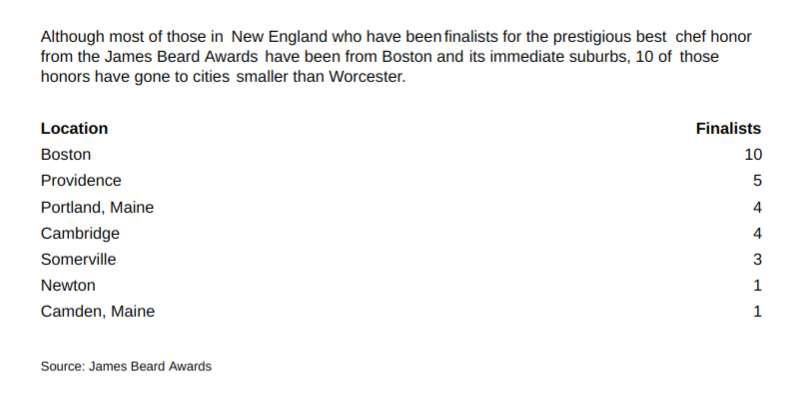
But having a ramen joint, for example, or those restaurants with long successful runs aren’t enough to be a foodie destination, Alexander said.
It’s nearly always restaurants – through high prices or daring entrees – attracting less of the everyday crowd that land cities on industry publications’ must-visit lists.
“You need an ambitious place to get the attention of the food writing community, that there’s something special with someone trying really hard to do something different,” Alexander said.
Not everyone thinks Worcester should strive to be the next Portland.
“The idea is that everyone plays an important role in catering to the Worcester audience,” said Lynn Cheney, whose company, Lettuce Be Local, connects Worcester restaurants with fresh produce from the area.
“Not everyone wants upscale, and not everyone wants to see another chain restaurant enter the city, but appealing to the people of Worcester is what's important,” she said.
The quality and innovation of restaurants in Worcester and elsewhere can be somewhat subjective, of course, but it can be measured.
The Beard awards – which go to top chefs, wine programs, service and restaurants as a whole – aren’t a household name. But they’re a career goal for ambitious chefs and restaurateurs, and something to propel a restaurant or even a city forward in the minds of industry watchers, Alexander said.
“Oh, 100%,” he said of chefs wanting a Beard award. “It’s the Oscars of food. It’s the only thing that will stop a person in the industry, changing the way [people] view them.”
Best-of lists can be tough to crack, but other New England eateries both in obvious places like Boston and Portland and off-the-beaten-path have turned up in lists of recommended places to go.
At UMass Amherst, Atul Sheel, a professor of hospitality and tourism management, doesn’t see a big-city location as necessary for a great meal.
“If the chef is good, then people come to you,” he said. “You can have an exceptional, well-reputed place even in small towns.”
Bon Appetit’s 50 best new restaurants list this year includes two in Providence and one each in Boston and Somerville. Last year’s list included two each from Cambridge and Portland, with one from each of those cities landing in the top 10.
A Forbes Travel Guide list of four- or five-star restaurants and others it recommends includes 13 in Massachusetts, and AAA gave 14 Massachusetts restaurants a four- or five-diamond rating. Both leave out Central Massachusetts.
The results can beg a tough question: Is Worcester yet a foodie city without any major industry recognition?
“When we talk about Beard awards, I think we’re putting the cart way before the horse,” Forman said.
Worcester restaurants don’t have enough patrons who will choose multi-course tasting menus that can reach into triple figures, he said.
“Trying to stock the restaurant with those people,” Forman said, “that’s the greatest challenge in Worcester.”
WBJ Web Partners
I agree that Worcester has potential in the dining scene. However, as great as a chef might be, it is imperative that the restaurant also be attentive to excellence in service. Lack of skilled service managers leads to poorly trained waitstaff who don't see the job as a potential career. For those chef/owners with formal culinary school creds or equivalent experience at award-winning restaurants, they should know this. I've experienced many places in Worcester over the years where the food is terrific, but the place does not survive because they can't manage the "front end". It takes dedicated staff and lots of training to make things run seamlessly. It is this short-coming that can prevent many places in Worcester from achieving that James Beard nomination. I have several chef friends who have been nominated many times for a James Beard award. They are chef/owners who run a tight ship....their staff are all trained and inspired to be their best. Having lived in Charleston, SC, I've met Mike Lata and Sean Brock. It's an unbelievable dining scene in the Holy City, and I can't even remember in all of my 8 years there a time where service was lacking. It's a very competitive place. But there, people are focused on the dining experience...not take-out/delivery. It seems to be a problem these days in many locales. People don't want to take the time to unplug and truly enjoy a nice, leisurely meal.
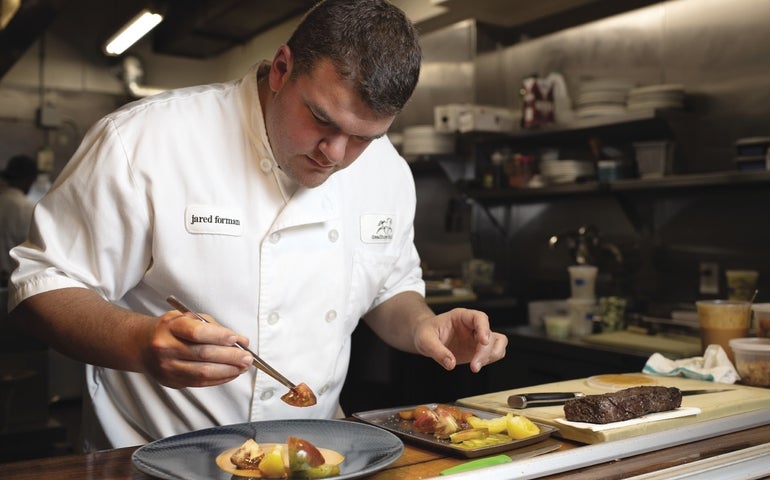
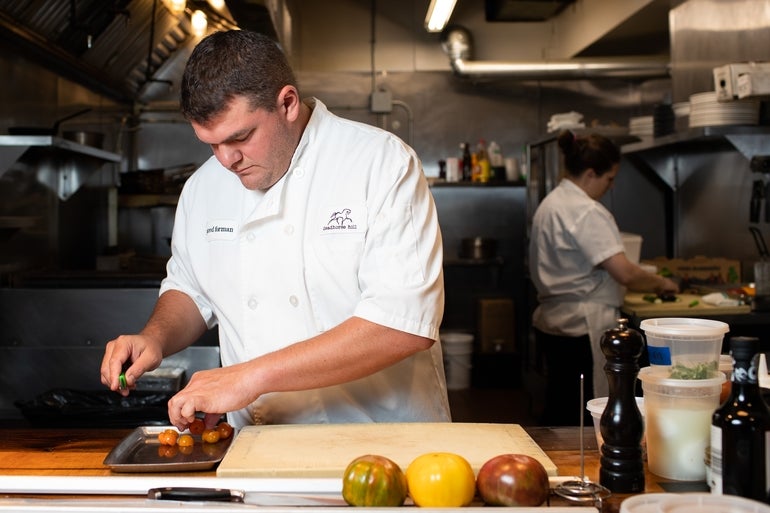
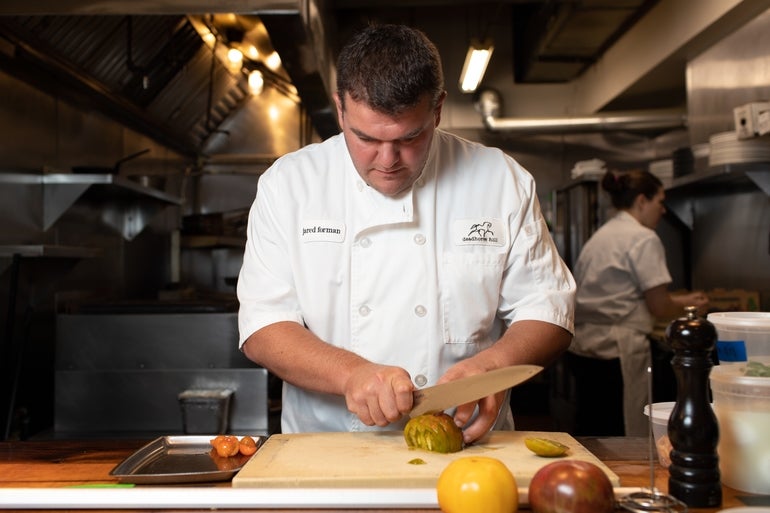
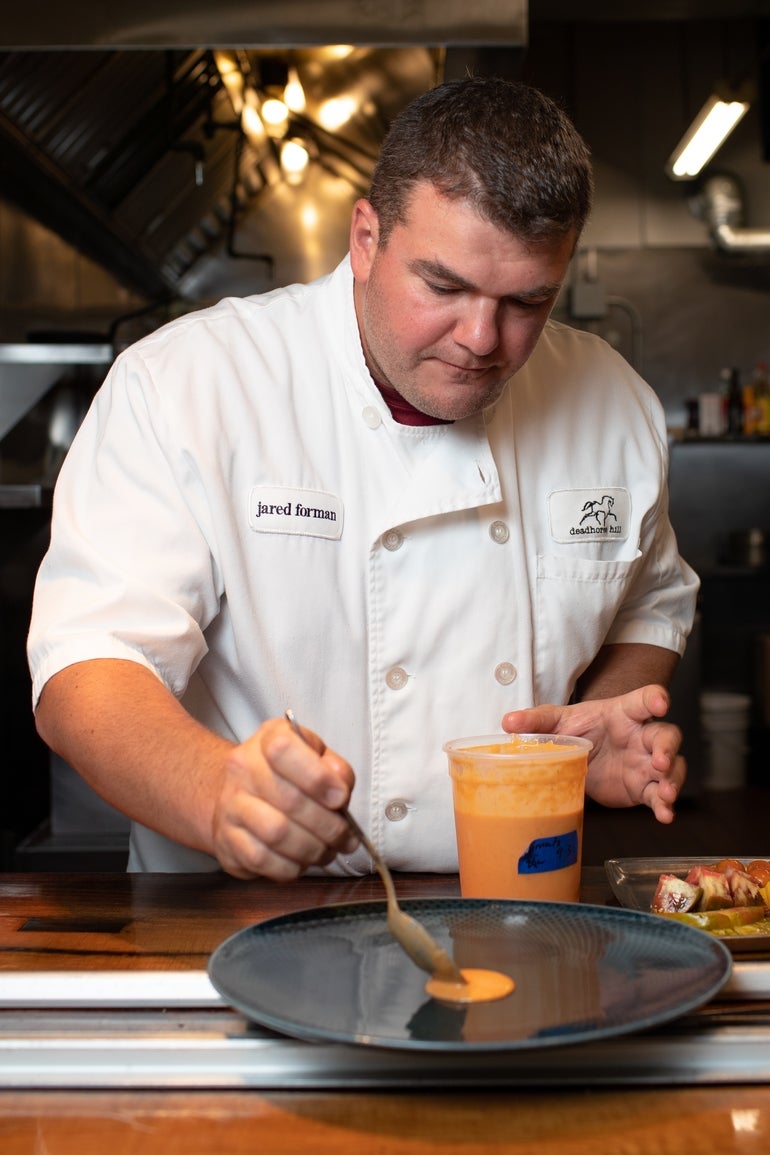
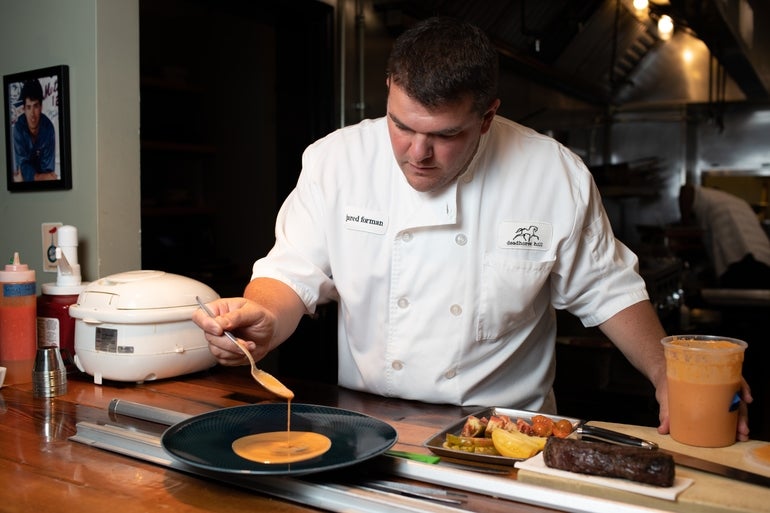


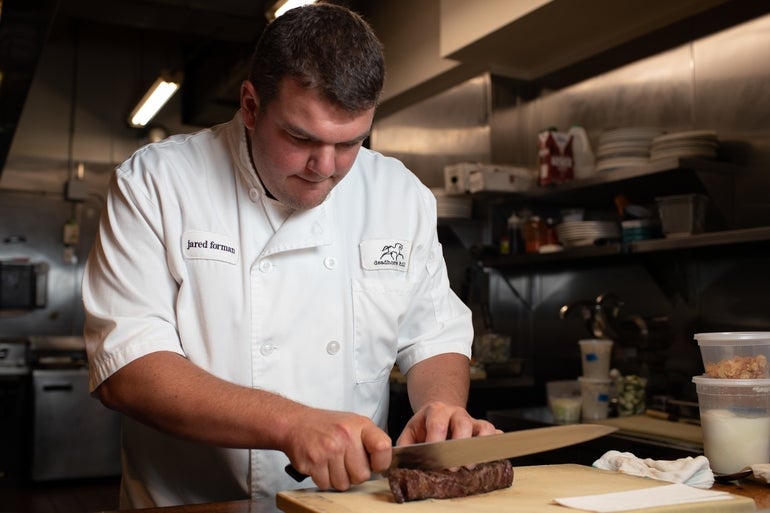

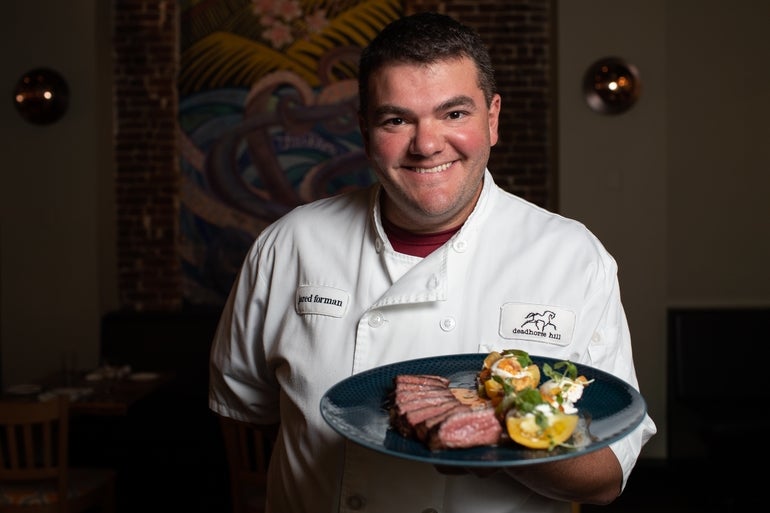
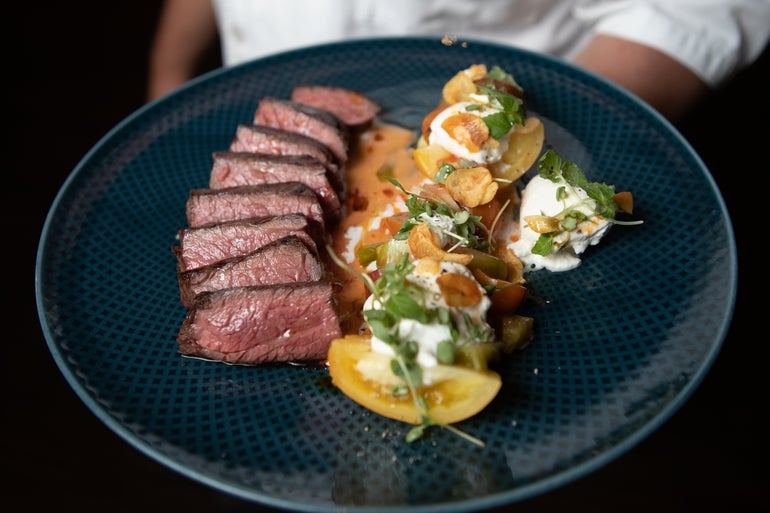






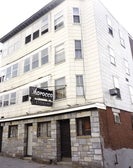
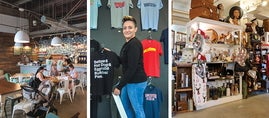
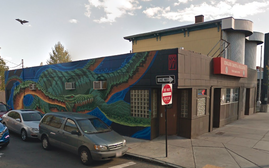



1 Comments